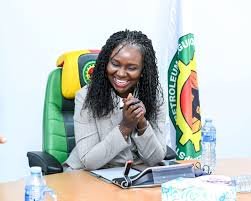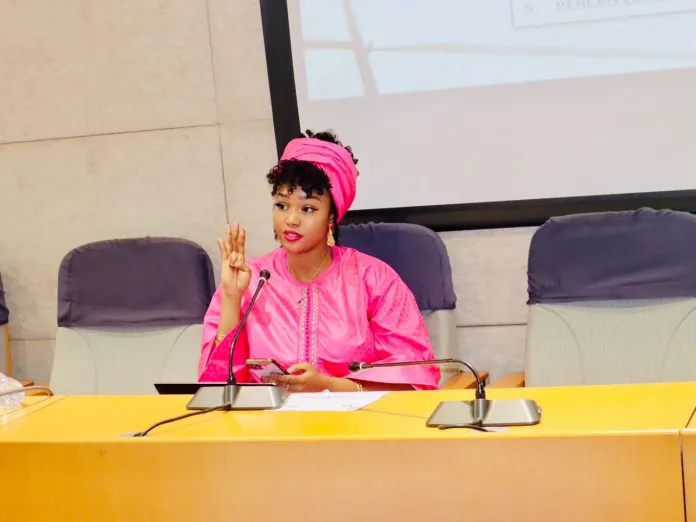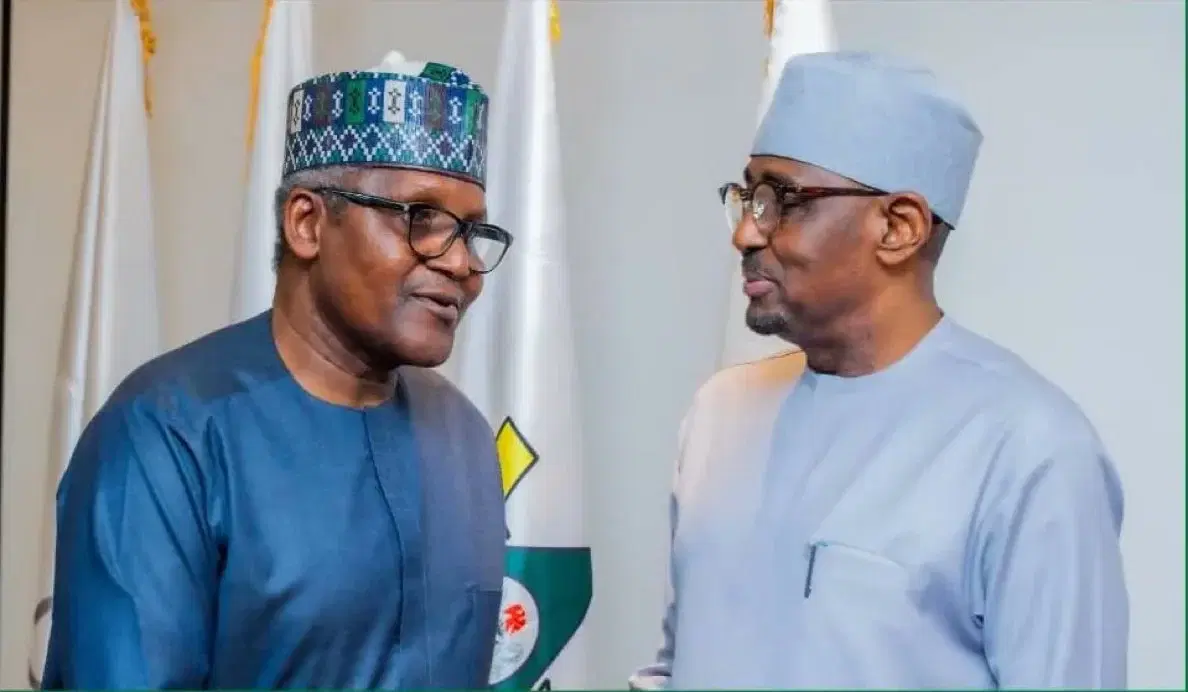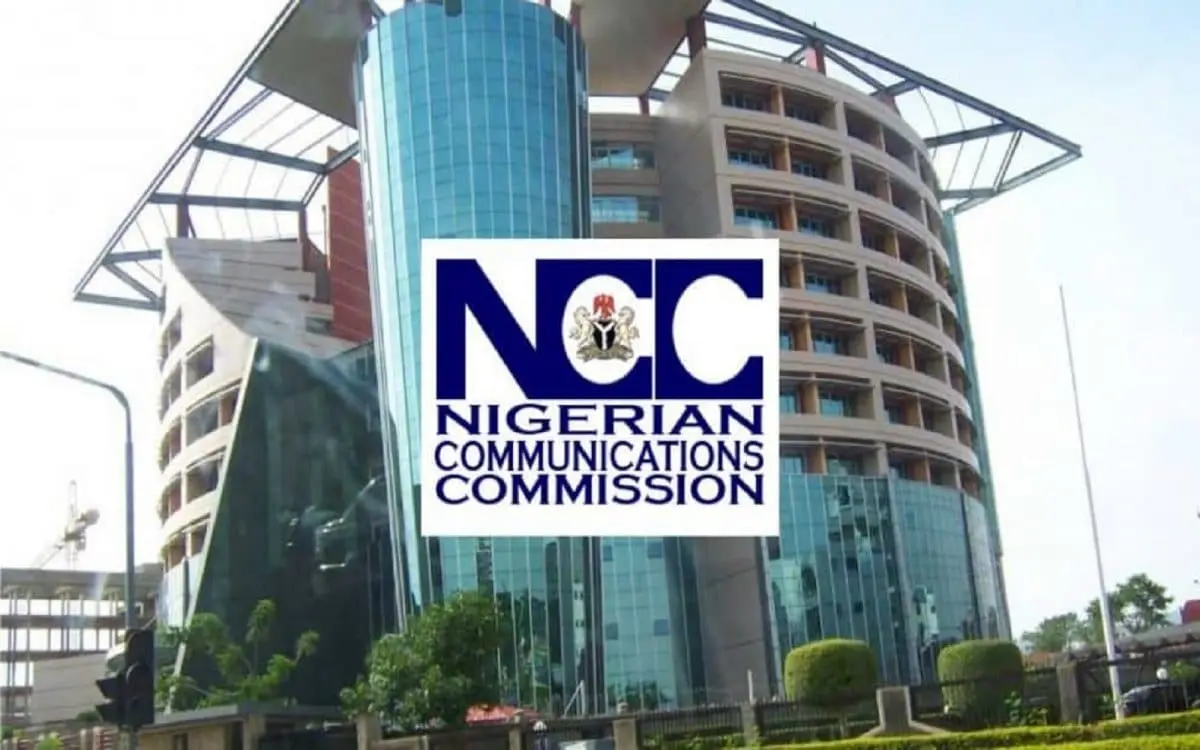By Godswill Odiong
Hot on the heels of oil majors either exiting or cutting back their activities in West Africa, comes news of other players moving to fill the gap – in the coastal countries of Sierra Leone, The Gambia and Ghana, for instance.
In other West African coastal countries – Senegal, Guinea-Bissau, Guinea, Liberia, and Togo – there are also hopes of finding oil fields containing economically viable quantities of oil and gas.
Nowhere are the activities of West African coastal countries more manifest than in the registrations for Africa Oil Week 2021 in November. The African continent’s premier oil and gas conference has moved temporarily to Dubai as a COVID-19 safety precaution but has committed to return “home” to Cape Town, South Africa from 2022.
Committed participants in AOW 2021 from West African coastal countries thus far include, Sierra Leone’s Minister of Energy, Alhaji Kanja Sesay, Minister of Environment Prof. Dr Foday M. Jaward, Minister of Mineral Resources Timothy Kabba, Minister of State in the Office of the Vice President, Madam Frances Alghali, and Director General of the Petroleum Directorate, Foday Mansaray;
The Gambia’s Minister of Energy and Petroleum, Fafa Sanyang, Commissioner for Petroleum in the Ministry of Petroleum and Energy, Jerreh Barrow and the Chief Executive Officer of Gambia National Petroleum Company, Yaya Barrow; and Ghana’s Minister of Energy, Matthew Opoku Prempeh.
AOW’s Vice President of Energy and Director of Government Relations, Paul Sinclair, said: “AOW in Dubai is going to be a blockbuster. With, the Minister of Energy for the United Arab Emirates, Suhail Mohamed Al Mazrouei, confirming he will set out his commitments to West Africa and beyond, we can only see more success coming to the region, as a result of AOW 2021 in Dubai.”
In Sierra Leone, one company eyeing the prospects is Cluff Energy Africa. Since Algy Cluff created Cluff Oil in the ’70s, Cluff Energy Africa has operated sustainable and efficient natural resources projects in Tanzania, Ghana, South Africa, Burkina Faso, Zimbabwe, and Ivory Coast.
Cluff’s new venture, Cluff Energy Africa, established two years ago, has already provisionally been awarded licenses covering 16,000km² in Sierra Leone with plans to expand across East and West Africa. He describes exits and divestments by the majors as an enormous opportunity to fill the gap.
Despite the volatility accompanying Covid-19, Cluff is confident that the rebound will see oil prices settle at a high watermark and, with the giants of the industry pulling out, a space has been left for smaller and nimbler companies to move in.
“We’re definitely seeing a fragmentation of the oil and gas market,” he explains. As well as smaller players, Russia and China are also looking to consolidate their position in the African commodities market.
He says these changes are part of an inevitable transition, and that alternative energy sources will be the answer for global energy production to meet the Paris Climate Accord targets.
Nonetheless “smaller countries need to survive in the interim,” he says, especially as national budgets to develop alternative energy on a large scale are limited.
For Africa, with an electrification rate of only 43 per cent compared to a global average of 87 per cent, the challenge of the energy transition comes as countries grapple with how to deliver energy on a scale to drive growth and development.
High hopes for Gambia
In The Gambia, Australian company FAR and joint venture partner Petronas have contracted a deep-water drillship for an oil exploration well later this year.
The drillship Stena IceMAX will spud the Bambo-1 exploration well in October and November. If successful, a discovery could result in a standalone development which would be The Gambia’s first oil production The well is expected to take 30 days to drill to a planned total depth of 3 266 metres in water depths of 993 metres, 500 metres south of the Senegal-Gambia border.
“We are pleased to be recommencing exploration drilling at FAR with this high impact well in The Gambia and with the same drill team that drilled efficiently and safely for the Samo-1 well in 2018,” FAR Managing Director Cath Norman says.
“The well will be the first well to be drilled in the Mauritania, Senegal, The Gambia, Guinea-Bissau and Guinea-Conakry (MSGBC) basin since the collapse of the market in the wake of the oil price crash and the Covid-19 pandemic.
“A discovery of oil offshore Gambia would be extremely significant for FAR shareholders and the people of Gambia and help move Gambia out of ‘energy poverty and to transition from burning heavy fuel oil for power generation.”
Upstream boost for Ghana
The upstream oil and gas business in Ghana recently received a boost when Eni announced that it has made a significant oil find offshore Ghana, close to its existing Sankofa hub, which would allow it to fast-track production. The Eban-1X well is the second well drilled in CTP Block 4, following the Akoma discovery. Preliminary estimates place the potential of the Eban-Akoma complex between 500 and 700 Mboe in place.
Due to its proximity to existing infrastructure, the new discovery can be fast-tracked to production with a subsea tie-in to the John Agyekum Kufuor FPSO, with the aim to extend its production plateau and increase production.







